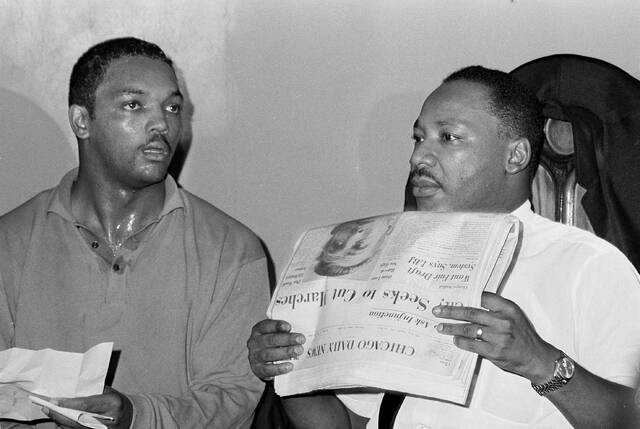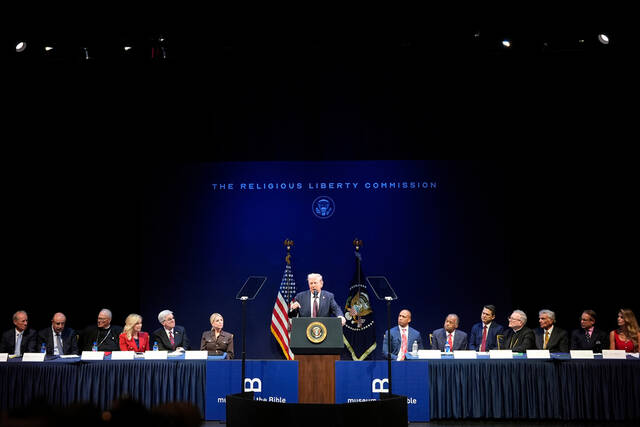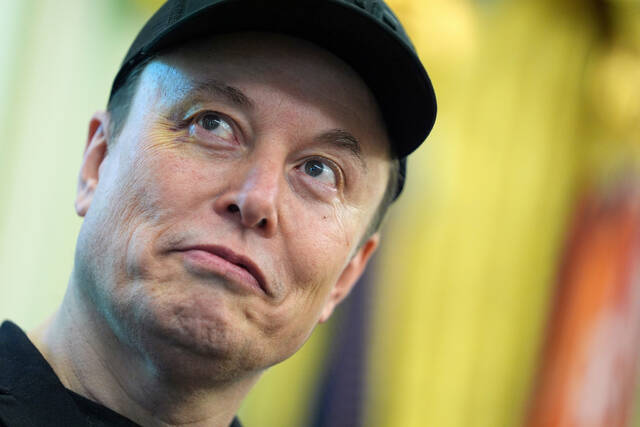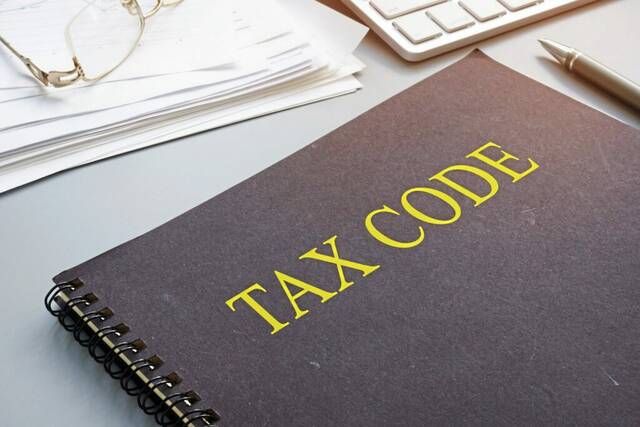Global emergencies cause a series of dilemmas. Consider the covid-19 pandemic. First, many lives have already been lost to covid-19, and many more lives will be lost in the near future. Second, we can drastically reduce the death toll by sacrificing other things that we care about.
For example, should we sacrifice economic activity by closing businesses, limiting large group gatherings and sheltering-in-place? Should we sacrifice the animal farming industries that increase the risk of pandemics? Should we sacrifice some of our liberties related to face coverings, travel and the like? What else might we need to sacrifice?
One argument for rejecting these sacrificial trade-offs involves the premise that it is always wrong to cause harm or use people as a means — even if doing so allows otherwise preventable disasters to occur. For instance, some seem to think that it is wrong to limit their freedom for the sake of someone else’s health, or, on the flip-side, to put their lives in danger for the sake of someone else’s religious gatherings. This absolute harm-rejection is an instance of deontological moral reasoning. Philosophers like Immanuel Kant are famous for this kind of extreme harm-rejection, arguing that it is always wrong to lie: “To be truthful (honest) in all declarations is, therefore, a sacred and unconditionally commanding law of reason that admits of no expediency whatsoever.”
One way to evaluate sacrificial trade-offs is cost-benefit analysis. Philosopher Jeremy Bentham said this about the calculative approach: “consider then whether the [cost] may not be compensated for by some greater good by a more than equivalent good.” In the case of the covid-19 pandemic, cost-benefit analysis suggests that if the costs of sacrificing some goods are outweighed by the benefits of saving millions of lives, then we should accept the trade.
So do we value millions of lives more than some economic activity, factory animal farming, liberty or other competing interests? Morally, should we?
Scott Gottlieb, former Food and Drug Administration commissioner for the Trump administration, thinks so. “There are two ways to end this. Let a vast swath of people catch (covid-19) which is unthinkable, or break the epidemic. We must choose the latter.”
Some cost-benefit analyses may be pro-life. For example, if someone is most concerned about the economy, and saving lives helps save the economy, then a pro-economy approach can also be a pro-life approach. Republican Wyoming Rep. Liz Cheney reminded us that “There will be no normally functioning economy if our hospitals are overwhelmed and thousands of Americans … lay dying because we have failed to do what’s necessary to stop the virus.” Ohio Gov. Mike DeWine summarized this pro-life-and-pro-economy thinking with “we save our economy by first saving lives.”
However, cost-benefit analysis is a double-edged sword. Cheney and DeWine seemed to be pro-life for the sake of the economy: The lives at stake were just a means to their economic ends. But if we disagree about the value of human lives, then some pro-economy cost-benefit analyses may not be pro-life.
For instance, President Trump seems to think that the economic cost of saving lives is just too high. “We lose thousands and thousands of people a year to the flu, but we don’t turn the country off. … Our country has to get back to work. … We can’t lose the advantage that we have.” In other words, some people value “thousands and thousands of lives” less than one country’s economic advantage.
Of course, the ethics of sacrificial dilemmas transcend politics. Indeed, those incompatible pro-economy and pro-life responses to the covid-19 pandemic were from members of one and the same political party. So the different approaches to the pandemic are not well explained by political differences, but by something else.
Moreover, history is rife with bipartisan support for enormous sacrifice in the name of saving citizens. President Truman justified his decimation of over 100,000 innocent Japanese people with atomic bombs in WWII “in order to save the lives of thousands and thousands of young Americans.” And the U.S. Congress authorized the president to “use all necessary and appropriate force … to prevent any future” harm “against the United States.”
So the question for us — and for our leaders — is not political, but ethical: What should we sacrifice in order to prevent human suffering and death, if anything? Our decisions reveal whether we really believe that every human life is sacred. Every time we accept the cost of preventable human suffering and death for another benefit, we advertise that we value those benefits more than human life.
Nick Byrd, an intelligence community postdoctoral fellow at Carnegie Mellon University, is a philosopher-scientist studying reasoning, well-being, and technology.








